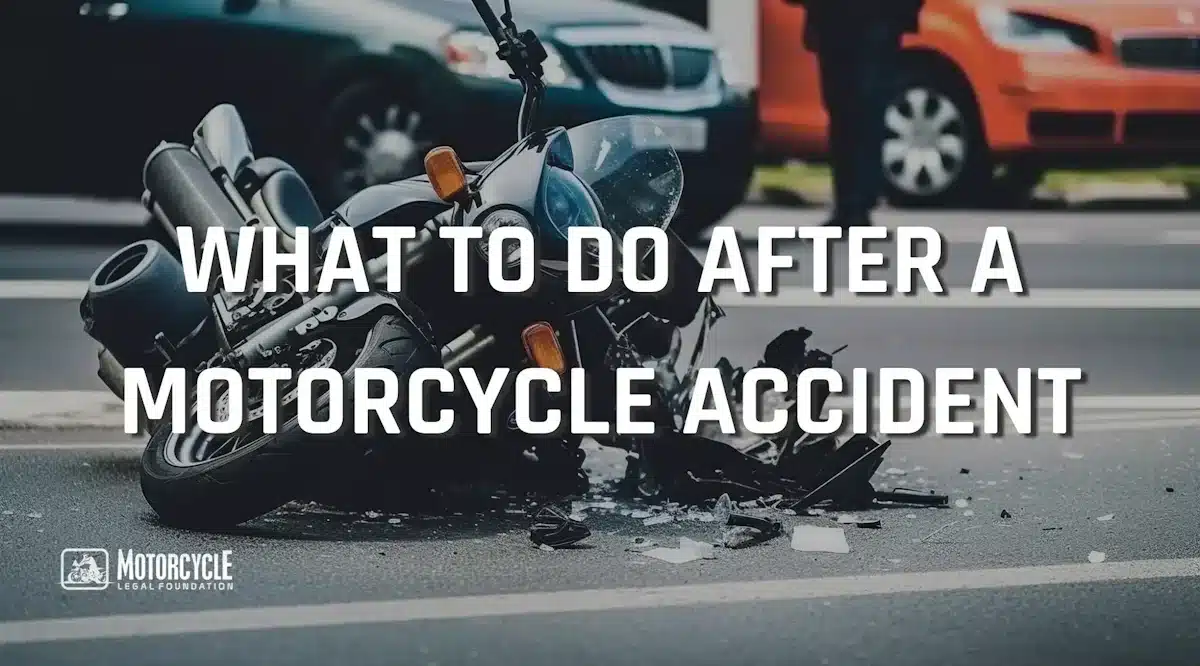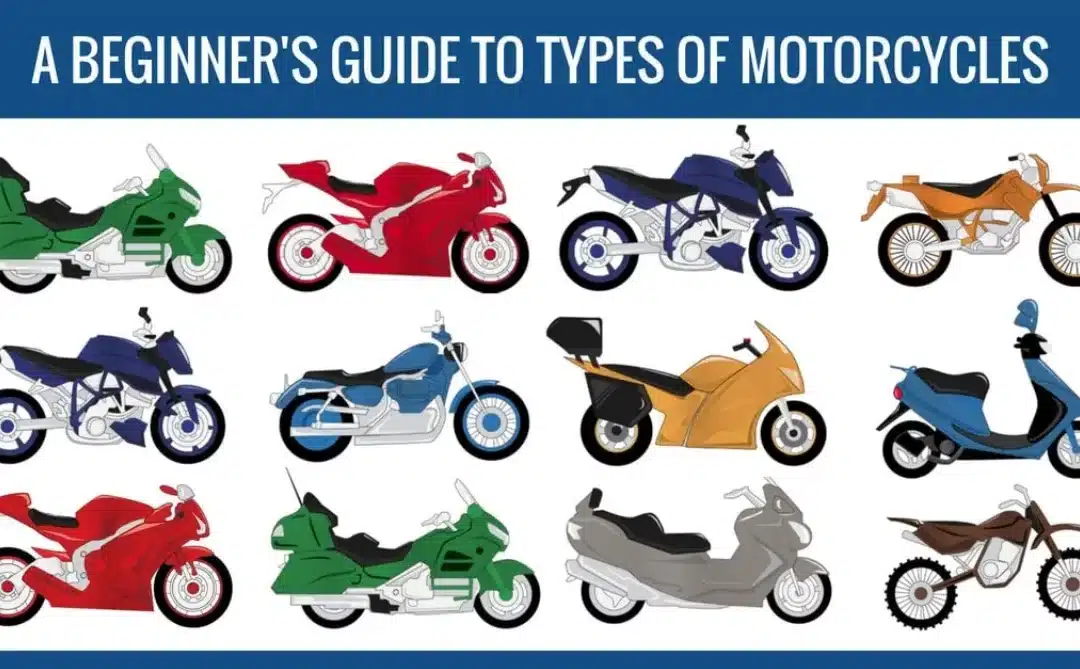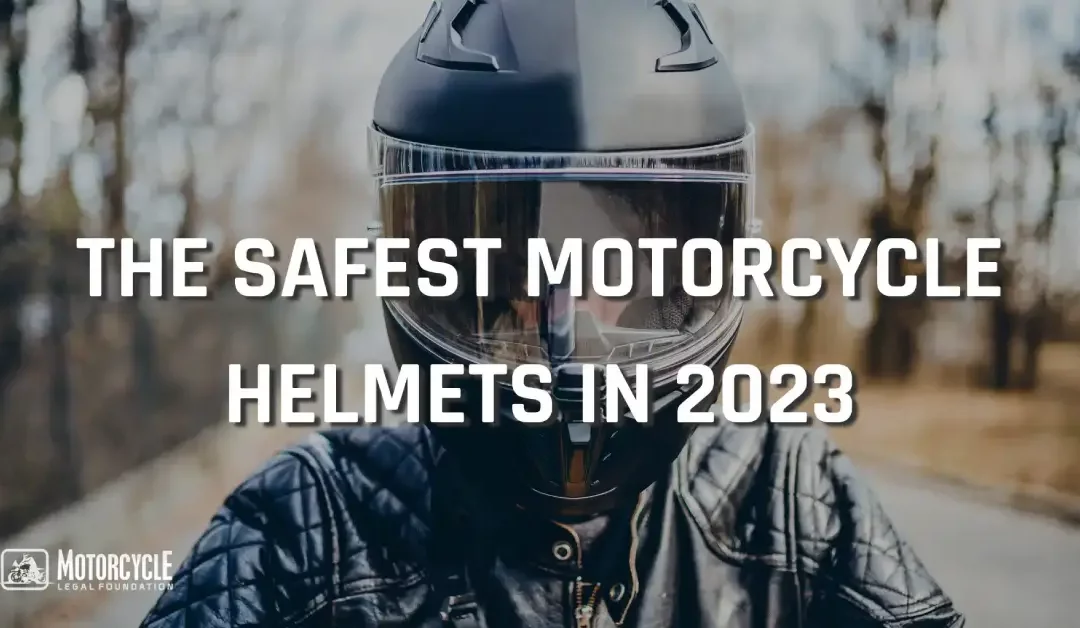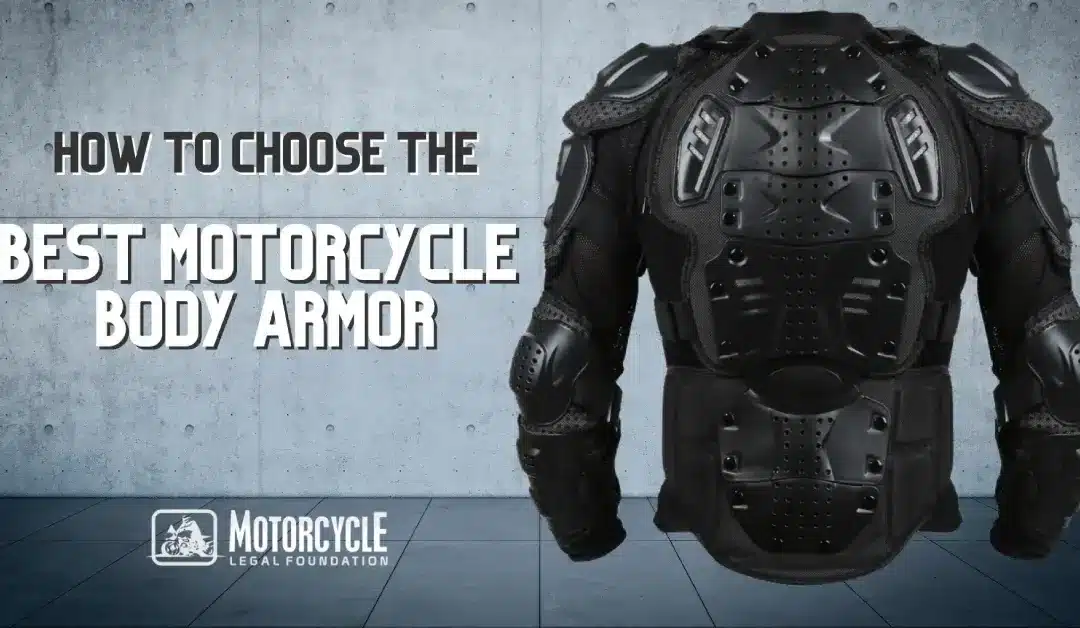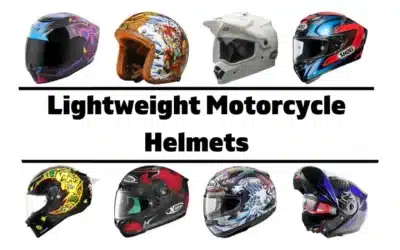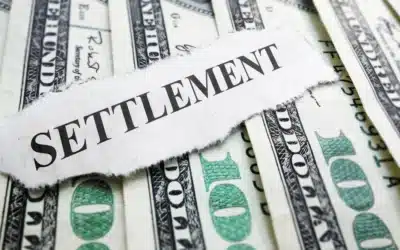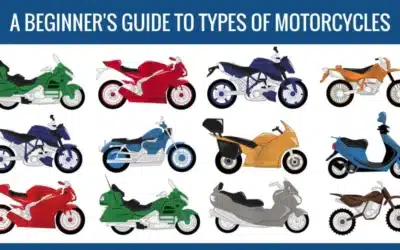It’s a fact, if you ride a motorcycle long enough, you will experience some type of crash eventually. Right after a crash, feeling shaken and uncertain about what to do next is natural. Whether you’re a seasoned rider or just starting on two wheels, those moments can be pretty overwhelming. We know you’re passionate about riding, so let’s make sure you’re well-prepared and know what to do after a motorcycle accident.
FIRST THINGS FIRST: Choosing the Right Insurance
Insurance goes beyond your motorcycle policy. A motorcycle policy may cover your bike and the property damage from the crash. But does it cover the damage done to YOU in the event of an accident?
How much money will it take to transition from a life with you to a life without you? That’s what you want to aim for when you buy life insurance. In case you’re wondering, the number is “a lot.”
Sometimes, motorcycle accidents are gentle. Many people walk away from a crash, but a lot of people don’t. A simple low-side motorcycle crash with lots of run-off rarely results in injury or property damage beyond the rider’s gear and bike.
The second run-off is reduced, and damage goes up exponentially. And motorcycle riders don’t always walk away from crashes. The right insurance is crucial, and paying extra for increased claim limits is often worth the price of admission. This is especially true when it comes to personal injury, which may sideline the motorcycle rider from work for weeks, months, or even eternity.
What to Do During a Motorcycle Crash
Many motorcycle riders report knowing they’re going down before they go down. It pays to get as far from the bike as possible during a crash, but many riders hang on to the handlebars of their motorcycle for dear life before, during, and after a crash. Let go of the motorcycle’s handlebars as soon as you know you’re going to crash.
Crashes are hectic, the very definition of chaos, and controlling your body during one is nearly impossible. That said, try your best to stay on your back and low to the ground. Motorcyclists who tumble at high speeds experience much higher rates of injury than motorcyclists who skitter gently to a stop.
It’s important to realize you have very little control over a motorcycle crash and act accordingly.
Have You Been Involved In A Motorcycle Accident?
Our professional legal team screens submissions and assigns cases to some of the best motorcycle lawyers in the US.
10 TIPS ON What to Do After a Motorcycle ACCIDENT
Are you with a group? Did anyone see you? Are you broken? Are you bleeding? Can you move? Is there a snowball’s chance in Hades of someone calling for help? All of these are very important questions.
If you receive help, follow your helpers’ instructions explicitly. If they tell you to lie motionless on the ground, do it. If they cut your leathers off with a razor-sharp pair of scissors, let them. If you find yourself in the back of an ambulance, thank your lucky stars and guardian angel, and be sure to kiss your wife and kids the first chance you get.
If you crash alone, by yourself, in the dark of night, and wake up without the ability to drag yourself out of the situation you got yourself into in the first place, well, that’s a bad situation.
We’ve gathered ten crucial tips to guide you on what actions to take following a motorcycle accident:
- Prioritize Your Safety:
- If you’re able and it’s safe, move to a secure spot away from traffic or potential dangers.
- Leave your motorcycle where it is. Moving it could worsen your injuries and affect the evidence.
- Check for Injuries:
- Take a moment to check yourself for injuries.
- Keep your helmet on and ensure you can move without causing more harm.
- If others are involved, assess their well-being and call 911 for serious injuries.
- Contact Authorities:
- It’s crucial to inform the authorities.
- An official accident report can be helpful for insurance and legal purposes.
- Cooperate with law enforcement and provide accurate accident details.
- Exchange Information with the other parties involved:
- Share your contact details, addresses, phone numbers, and insurance information with the other parties.
- Accurate documentation of this information is crucial for insurance claims and potential legal actions.
- Document the Scene:
- Use your smartphone or camera to take photos or videos.
- Capture images of vehicle positions, visible damage, road conditions, and any relevant signs or signals.
- Visual evidence can be invaluable later on.
- Pay attention to any unusual behavior from the other driver.
- Gather Witness Information:
- Approach witnesses politely and ask for their names and contact details.
- Their independent accounts can be valuable in insurance claims or legal proceedings.
- Seek Medical Attention:
- Even if you think your injuries are minor, seek medical help.
- Some injuries may not show immediate symptoms but could be serious.
- Don’t forget about your mental well-being; accidents can cause fear and PTSD.
- Notify Your Insurance Company:
- Report the accident to your insurance provider as soon as possible.
- Share comprehensive accident details and documentation.
- This helps streamline the claims process.
- Keep Records:
- Maintain a file with all accident-related documents.
- Include medical records, repair estimates, bills, and correspondence with insurance companies.
- Consult a Motorcycle Accident Lawyer:
- If the accident involves major injuries, significant property damage, or disputes with insurers, consider consulting a motorcycle lawyer.
- They can protect your rights, negotiate with insurers, and guide you through the legal processes.
Be Prepared
We never plan to be in a motorcycle accident. Still, it is important to know some essential tips that will help you be prepared in case you are involved in one:
- Keep insurance cards and emergency contact information in a place people are likely to find them in a motorcycle crash.
- Keep copies of everything on your person and attach them to your bike. If you wear protective gear, tape your insurance cards and contact information to one of your shoulder pads.
- Zip tie your contact information to one of your frame rails. Don’t trust your motorcycle bike’s glove box. It is likely to come apart in a crash.
- Always wear your helmet, a good jacket, tough pants, and leather gloves when you ride. Stay safe and keep the shiny side up.
Preventing Motorcycle Accidents
It’s not just about riding; it’s about riding right. When it comes to motorcycles, safety isn’t a bonus; it’s a necessity. Avoiding accidents is as vital as knowing what to do if one happens. Here are some down-to-earth strategies to help keep you in one piece and your bike upright:
- Dress for Success: Your attire isn’t a fashion statement; it’s a shield. Don the armor of a DOT-approved helmet, eye protection, gloves, sturdy jackets, pants, and boots. It’s your defense against the asphalt’s harsh embrace.
- Ride Like a Hawk: Adopt a hawk-like vigilance when you’re on the road. Assume the worst about other drivers – that they haven’t seen you. Keep your senses sharp, ditch the distractions, and give yourself a comfortable safety cushion from the vehicles around you.
- Make yourself impossible to ignore: Wear gear that screams visibility, and deck your ride with reflective tape. Keep those headlights blazing, even in broad daylight.
- Mechanical Care: Your bike is your trusty steed; treat it right. Regular maintenance is your ticket to a smooth ride. Make sure everything works – brakes, tires, lights, and signals – before you hit the road.
- Respect Mother Nature: She can be unpredictable. Slow down and adjust your style when you’re on unfamiliar or rough roads, especially when it’s wet out there.
- Stay Sober, Stay Alive: Never, and we mean never, ride under the influence. Booze, drugs, and exhaustion blur your judgment and slow your reaction time.
Alcohol and bikes don’t mix. Ever. If you’ve had a drink, put the keys away.
- Intersection Intuition: Intersections are the bullseye for accidents. Tread with care, and don’t assume other drivers see you. Make eye contact if you can before making your move.
- Lane Smarts: Use your lane to your advantage. Position yourself for maximum visibility, and don’t linger in a car’s blind spot. Always have an escape route mapped out in your mind.
Read our motorcycle safety guide to brush up on your safety skills or learn more about terms such as ATGATT (All-The-Gear-All-The-Time), a policy we adopt here which works during motorcycle crashes. A motorcyclist who spares no expense on safety gear proves he or she has enough self-respect to endure a motorcycle crash.
Have you been involved in a motorcycle accident?
Our professional legal team screens submissions and assigns cases to some of the best motorcycle lawyers in the US. Find a Motorcycle Attorney
FAQ
Your decision depends on your physical and emotional recovery and comfort level. Consider seeking guidance from a mental health professional if you experience anxiety or fear related to riding.
Simply follow the same steps as you would in any accident. Make sure to document as much as possible from the scene.
You can if it’s safe and necessary. However, try to document its position before moving it.
In that case, provide it to the other party and law enforcement as soon as possible after the accident. Contact your insurance company to report the incident.
Yes, especially for minor accidents.
Notify your insurance company as soon as possible after the accident.
It’s generally recommended not to make major repairs until you’ve communicated with your insurance company. They may want to assess the damage themselves or require specific repair documentation.
Yes, there’s typically a statute of limitations for filing a personal injury lawsuit after an accident. These time limits vary by state.
– Avoid discussing fault or accepting blame at the scene.
– Do not leave without exchanging information or reporting the accident to the police.
– Even if you feel okay, don’t refuse medical evaluation.
– Do not delay insurance reporting.
– Do not rush into settlements with insurance companies without proper evaluation.

